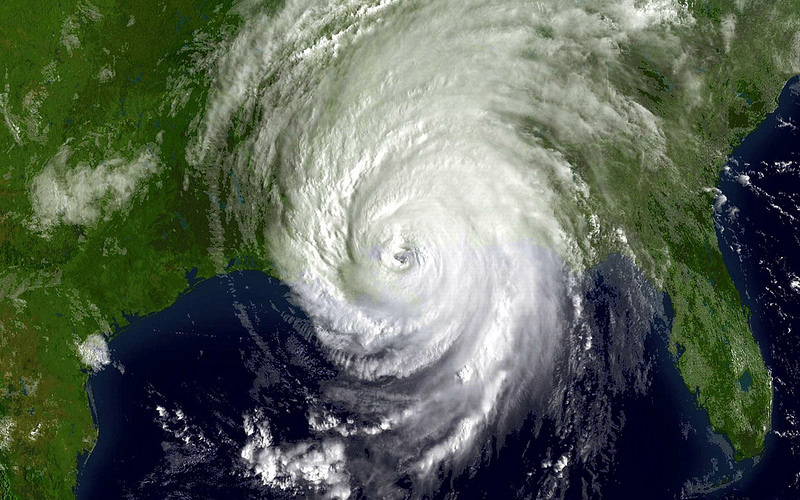| NEW ORLEANS – Some disasters are so big they become part of a city’s identity. When I casually ask the man bagging my order of fries at a Krystal Burger downtown how long ago hurricane Katrina hit, he recites the answer so fast you would think he had been cramming for a history test. “Eleven years.” Eleven years and one month, as of next week, to be exact. |
| | Others are happy to show where the floodwaters went and which parts of the city stayed dry. Katrina even has some belated profit potential. For a price, guided tours daily take visitors into the Ninth Ward, the low-lying section of town that was devastated when man-made barriers no longer could contain rising waters. Some of the houses remain in disrepair. My guide points to one that just now is being rebuilt. The tour is an education in topography, preparation and complacency. And my guess is, even 11 years later, Katrina isn’t a very popular girl’s name in any local maternity ward. Wasatch Front residents can hope and pray they don’t have to face that kind of redefining disaster. Earthquakes, the most likely form of natural catastrophe to afflict the Wasatch Front, come in all sizes and could be centered either near cities or in remote areas. But if the big one hits, preparation is the key to survival. When I arrived here for a conference, I was mentally dialed into Katrina’s legacy because of a series of recent meetings in my Utah neighborhood about how to plan for proper sanitation in the event of an earthquake. Even small disasters quickly can disrupt daily comforts that are far more fragile than we imagined. These meetings concerned the most unpleasant but necessary of these – dealing with human waste. When toilets no longer work, you better have a plan. The RV in your driveway isn’t much of a backup unless you have a safe way to empty its septic system, and in the aftermath of a major earthquake, you won’t. And don’t think of removing manhole covers and dumping your problems down there. If sewer lines are broken, you would be just adding to misery. Think portable toilets and strategies for burying waste with lye. But most importantly, think and plan. If the worst happens – a 7.0 magnitude or higher quake along the Wasatch Fault – it could be weeks or months before highways and underground infrastructure is restored. Officials with the Utah Division of Emergency Management painted a grim picture earlier this year of the potential aftermath. About 86,000 homes would be destroyed. Up to about 2,500 people would die initially, with up to 36,000 or more injured. You might think Utahns would be better prepared for an earthquake if they experienced regular tremors. New Orleans suggests the opposite. Here, severe storms are frequent. In the Ninth Ward, even today, electrical lines hang low and easily could be toppled by hurricane-force winds. Our tour guide blames what happened here at least partially on complacency. But while arguments endure over why that low-income part of New Orleans was so vulnerable, there is no denying the long-term effects of having life’s ordinariness disrupted. There is talk here of children with post traumatic distress syndrome, of people with insomnia or other emotional trauma, and of the realization that self-reliance and personal preparedness is vital. As a story in The Atlantic put it last year, “Experts say mental illness flooded into New Orleans as Katrina’s waters receded.” Other long-term effects are measurable. By the hurricane’s 10th anniversary, the city had recovered only 80 percent of it’s pre-Katrina population. After telling me his memories of the hurricane, the Krystal Burger employee asks where I live. When I tell him Utah, he begins to joke about how he is glad he doesn’t have to shovel snow in the winter. Today, snow may be the No. 1 natural phenomenon people associate with the Wasatch Front. We have little control over whether that changes someday to a devastating earthquake that commands the world’s attention. Fortunately, we aren’t as helpless when it comes to how quickly, and how well, we bounce back. That depends on how we are planning right now. |


 RSS Feed
RSS Feed

